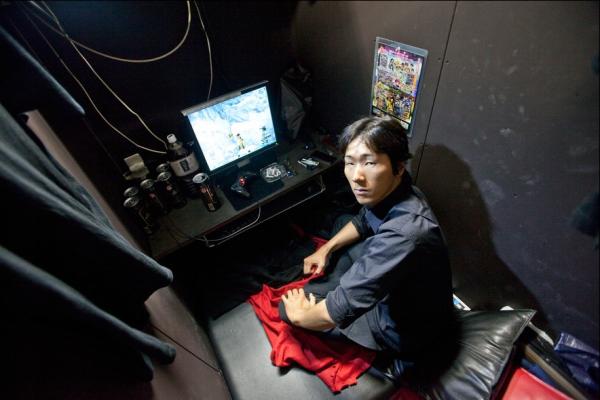In this Computerworld article, Mike Elgan explains why Twitter and Facebook users don’t get Google+.
In general, Twitter is dominated by news, celebrities, pundits, professionals and narcissists. Facebook is mostly about family and friends. And narcissists. And each social network draws people who are seeking the type of engagement a particular network specializes in. That’s why Twitter and Facebook people don’t get Google+.
They’ve tried it. The Twitter people come to Google+ looking for Twitter type engagement, but they don’t find it. Likewise, the Facebook people come looking for Facebook-like engagement (family and friends) and don’t find it.
It’s like a Chinese tourist going to France looking for Chinese food and concluding that the food in France is terrible. Or a Hawaiian surfer bringing her surfboard to New York City and, finding no waves, concluding that there’s nothing to do in Manhattan.
I’m an active Twitter user but I don’t expect (or need) any engagement there. It’s a source for news. Don’t do Facebook because I don’t have much in common with “friends and family” other than they are friends and family. Most of my online time is now spent on Google+. I post here mostly for archival reasons.

